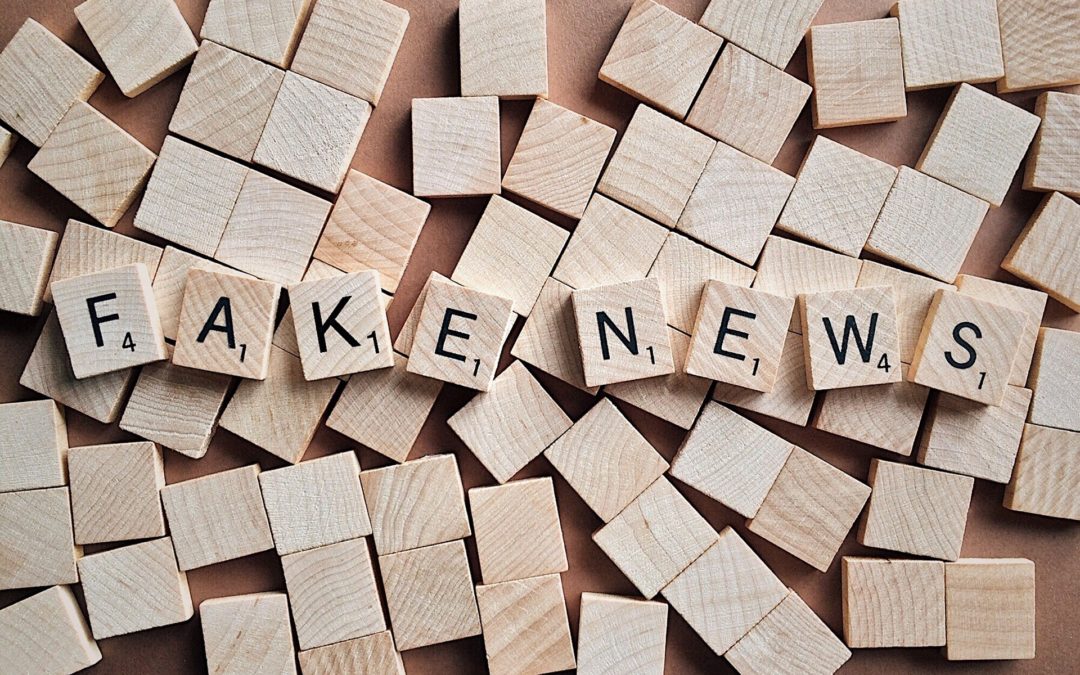The flow of information increases day by day at incredible rates, further accelerated by digital communication. Historian Elisabeth Eisenstein’s predictions have never seemed so close to coming true: from Gutenberg to the internet we are facing the same revolution, the speeding up in the processes of transmission of information. However, what the German scholar had called “inadvertent revolution”, precisely because of the inexorable continuity with which it has advanced over the centuries, appears to be only too apparent with the arrival of digital. It is no coincidence that the digital breakthrough is commonly called the technological revolution. A revolution that has its slogans, such as disintermediation or informal disorder, an expression with which we mean the difficulty – on the part of each of us – of orienting ourselves in the abundance of bits, which also becomes a plurality of meanings to be read and decoded, in an interpretative work that no one can evade. In this dense and confused mixing pot, institutions and businesses, parties and non-governmental organizations must build their public visibility; at the same time, each individual must work out how to access information, selecting from the myriad of possibilities available. The question of credibility therefore becomes central to everyone: sources and public, intermediaries and decision makers. Bearing in mind the Corecom’s responsibilities, there are two particular areas that invite us to reflect on the new challenges facing contemporary societies: institutional communication and preventing false information. In the first case, institutions will be focussing on the new needs for political institutions, especially on a local level, created by the transformations described and the growing demand for transparency and accountability raised by an increasingly demanding and sceptical public. In the second case, the focus will be on reconstructing the way information is created as part of the journalistic negotiation between sources, professional and public intermediation, with particular attention to social media. The problem of “communicative credibility” will be investigated in light of the transformation of the media ecosystem and the increasing presence of misleading and/or false information, proposing an operational definition of the concepts of disinformation, misinformation, malinformation, (fake news), an analysis of case studies and a critical review of the practices of debunking (fact checking) implemented by social networks, political institutions and journalists.

